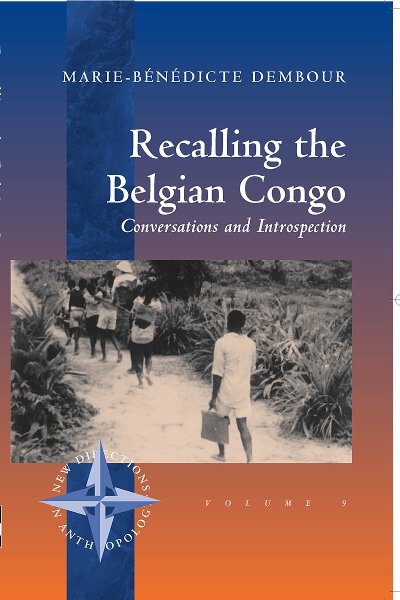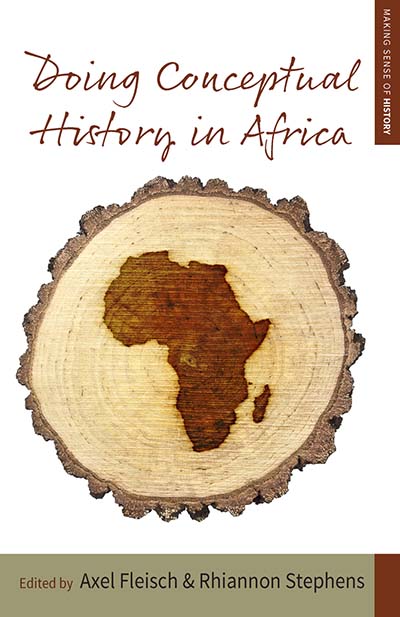
Series
Volume 9
New Directions in Anthropology
See Related
History JournalsEmail Newsletters
Sign up for our email newsletters to get customized updates on new Berghahn publications.
Recalling the Belgian Congo
Conversations and Introspection
Marie-Bénédicte Dembour
256 pages, 25 illus., 6 maps, 2 tables, bibliog., index
ISBN 978-1-57181-945-1 $135.00/£104.00 / Hb / Published (September 2000)
ISBN 978-1-57181-320-6 $34.95/£27.95 / Pb / Published (December 2001)
eISBN 978-1-80758-458-0 eBook
Reviews
"Dembour is to be warmly congratulated on her achievement, both intellectually and in terms of memory retrieval content ... Its anthropological skills and merits apart, for readers [interested] in colonial administrators [this book] is at once a prime analysis and a rich resource." · African Affairs
"An unusual achievement. Dr. Dembour's book is a work of theory, which shows what a complex business the production of knowledge is, but she writes with such warmth, directness and honesty that fundamental epistemological issues are made vivid for beginning students as well as experienced scholars ... Anyone who conducts interviews, students of memory and history, and those working in 'colonial studies' can all learn from this study." · Elizabeth Tonkin
"I congratulate you on an extraordinary work. I am sure it will be declared post-modern; I think it modern in the best sense - up to the critical standards of our day ... I see you engaged in ground-breaking work." · Johannes Fabian
Description
When the author embarked on her study, her aim was to approach former colonial officers with a view to analyzing processes of domination in the ex-Belgian Congo. However, after establishing a rapport with some of these officers, the author was soon forced to revise her initial assumptions, widely held in present-day Belgium: these officers were not the "baddies" she had expected to meet.
Exploring the colonial experience through the respondents' memories resulted in a far more complex picture of the colonial situation than she had anticipated, again forcing her to question her original assumptions. This resulted not only in a more differentiated perspective on Belgian colonialist rule, but is also sensitized her as regards the question of anthropological understanding and of what constitutes historical fact.
These two aspects of her work are reflected in this study that offers specific material on the way Belgian colonialism is remembered and reflects on its conditions of production, thus combining ethnographic analysis with a theoretical essay.
Marie-Bénédicte Dembour teaches at the University of Sussex, School of Legal Studies.

